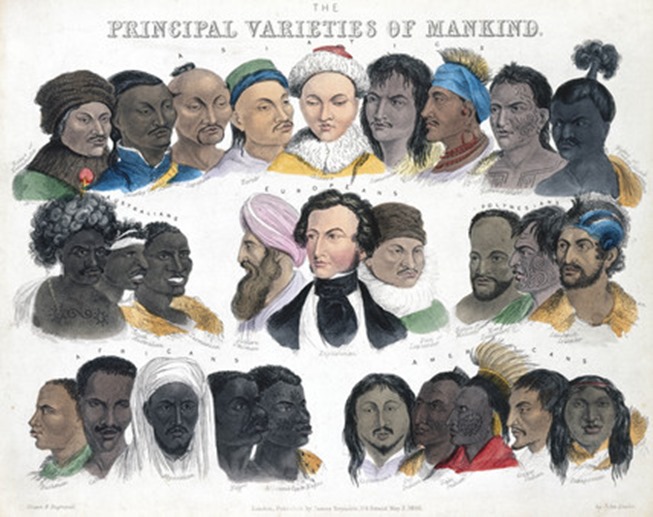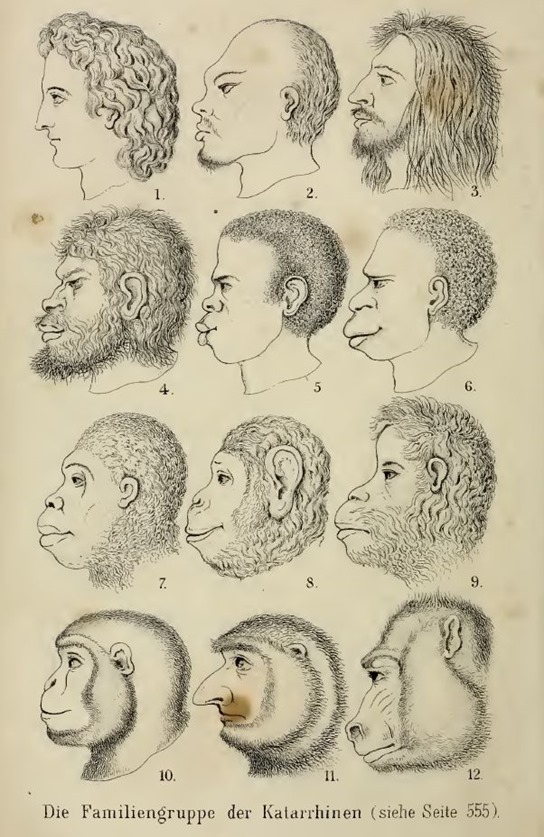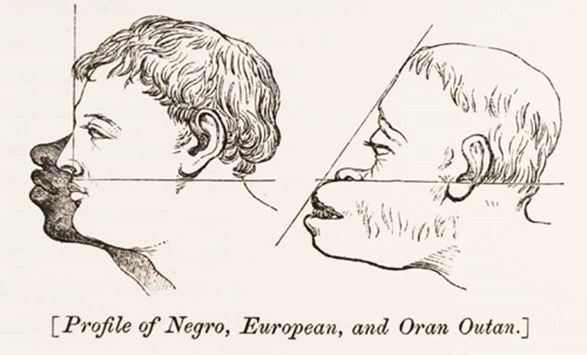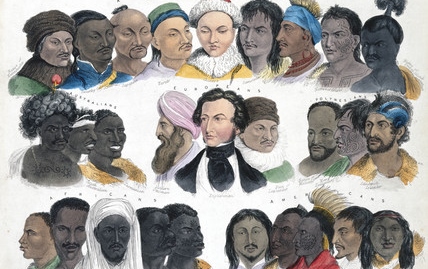Kasredin
Western Spring
August 17, 2014

Some of the world’s most eminent geneticists have condemned a new book claiming there is a biological basis for race and for racial differences in behaviour. So reports The Independent in an article discussing a recent book entitled, “A Troublesome Inheritance: Genes, Race and Human History“, by author Nicholas Wade.
I don’t intend in this essay to try to answer the debate, but instead to assist readers in reaching their own conclusions.
Basically, it appears that human behaviour is influenced by two major factors: our genes and the culture in which we live. Our genes are inherited characteristics, embedded in the biochemistry of the human body. We cannot change our genes. We are stuck with them for life. Culture refers to the prevailing attitudes and behavioural norms in the society in which we live, and culture can not only be changed, but changed rapidly.
The Seven Years’ War was fought between the years 1754 and 1763, and resulted in Britain becoming a major world power for roughly the next two hundred years. The outcome could have been very different, however, had it not been for one incident early on. In 1756, the French captured Minorca from the British, following which a British admiral called John Byng was convicted of the crime of failing to do his utmost, and was shot by firing squad. While controversial, his execution left Britain’s army and naval officers in no doubt that they were expected not to shy away from combat.
In 1851, Britain hosted the Great Exhibition in Hyde Park. It ran for several months, and attracted many visitors, including a large number from abroad. It was a celebration to technological advance, but primarily of British technological advance. Even its venue, the Crystal Palace, was in itself a revolutionary architectural innovation. However it was an event which might never have taken place had it not been for the Poor Law Amendment Act of 1834.
Up until 1834, many people in Britain had been unwilling to work because welfare provision at the time was perceived to be excessively generous. Its drastic reform in 1834 led to a major cultural shift among the poorer social classes. Quite simply, a work ethic was born more or less overnight.
If immigrants behave differently from British people, then it might be down to culture, or it might be down to genetics. So far as I can see, it can only be the one of the other. There is no third factor at work. Consider intellect.
Britain, like most European countries, has valued intellect for pretty well as far back as our history is recorded. Adult literacy was below fifty percent until the nineteenth century, and it is not surprising that literate people often enjoyed higher salaries, and people saw a clear advantage to having their children schooled if possible, and so learning gradually spread through the population. We can see a similar pattern in many third world countries today, but it is nevertheless the case that intellect was not generally a prized commodity in the hunter-gatherer world of pre-colonial Africa. If the reader can think of any exceptions to this rule, then they were exactly that –exceptions.

We might therefore conclude that lower intellectual capacity among black people was historically a matter of culture. The fly in that ointment however is that if true then we would expect black people to catch up with white people intellectually as soon as a culture shift occurs. The effect might not be immediate, but surely it could be achieved in a matter of a few generations at most.
We find a different situation however. Many black people in Europe today are second or third generation immigrants, and yet their intellect generally remains low relative to white people. It is true that immigrant children have tended to outperform British children in schools in recent years, but this can be dismissed as a matter of culture. Too much pandering to immigrants in the classroom has left many British pupils feeling undervalued.
Take history lessons. In my day they were about examining evidence and drawing relevant conclusions. Nowadays it is about being brainwashed about fictitious black achievement. Making children memorise that Mary Seacole was a black woman who ran a hospital when she was in fact a mixed race woman who ran a canteen for army officers is education close to its worst.
If culture rather than race is what separates whites from blacks, then how come black people do not change their culture significantly when living among whites? Black people tend to listen to certain types of music, such as soul, reggae, and hip hop. The only black classical composer I can think of was Samuel Coleridge Taylor, and even he was African only on his father’s side. Likewise the only black rock star I can think of is Lenny Kravitz, and he is black only on his mother’s side.
Consider this quote from the Telegraph: In his book, Mr Wade attacks the “longstanding orthodoxy” among social scientists that human races are a social construct with little or no basis in biology and genetics, along with the idea that human evolution effectively stopped long ago in the distant past.
I have three questions. First, I would like to know what evidence there is for race being a matter of social construct. (I currently believe it to be no more than wishful thinking.)
Second, if we accept – as all scientists do – that genetic differences can account for superficial differences among humans (such as skin colour,) then why should we not also at least consider the likelihood that genetic differences can also account for more fundamental differences (such as intellect or propensity to violence)?
Third, I would like to know what logic evolutionists have for believing that human evolution could ever stop, as supposedly happened in the distant past.
Evolution is widely taught as being the consequence of purely random biochemical changes, with the only method in the madness being that some of these random biochemical changes confer a survival advantage whereas others do not. There is therefore no logic whatever in believing that evolution could ever stop. People who tell you that black people are on a separate evolutionary trajectory from white people are merely trying to make sense of evolution. People who deny that black people and white people are on separate evolutionary trajectories either do not believe in evolution, or else believe in a politically correct version of evolution which is utterly hypocritical.
Has anyone read Nicholas Wade’s book? Please leave a comment if you have.

